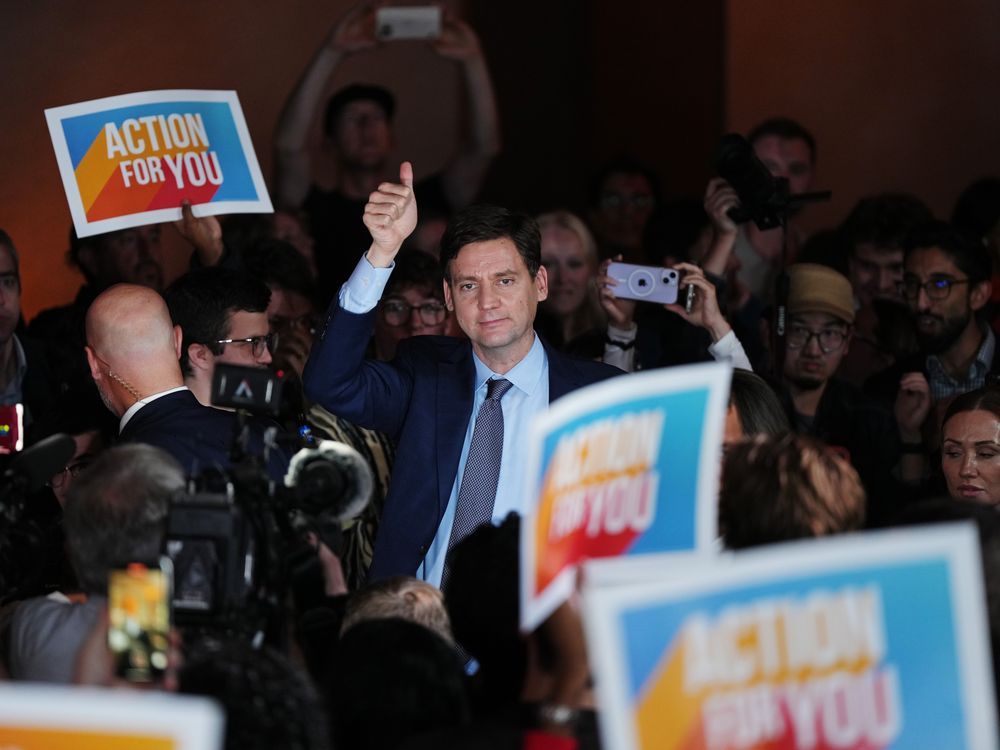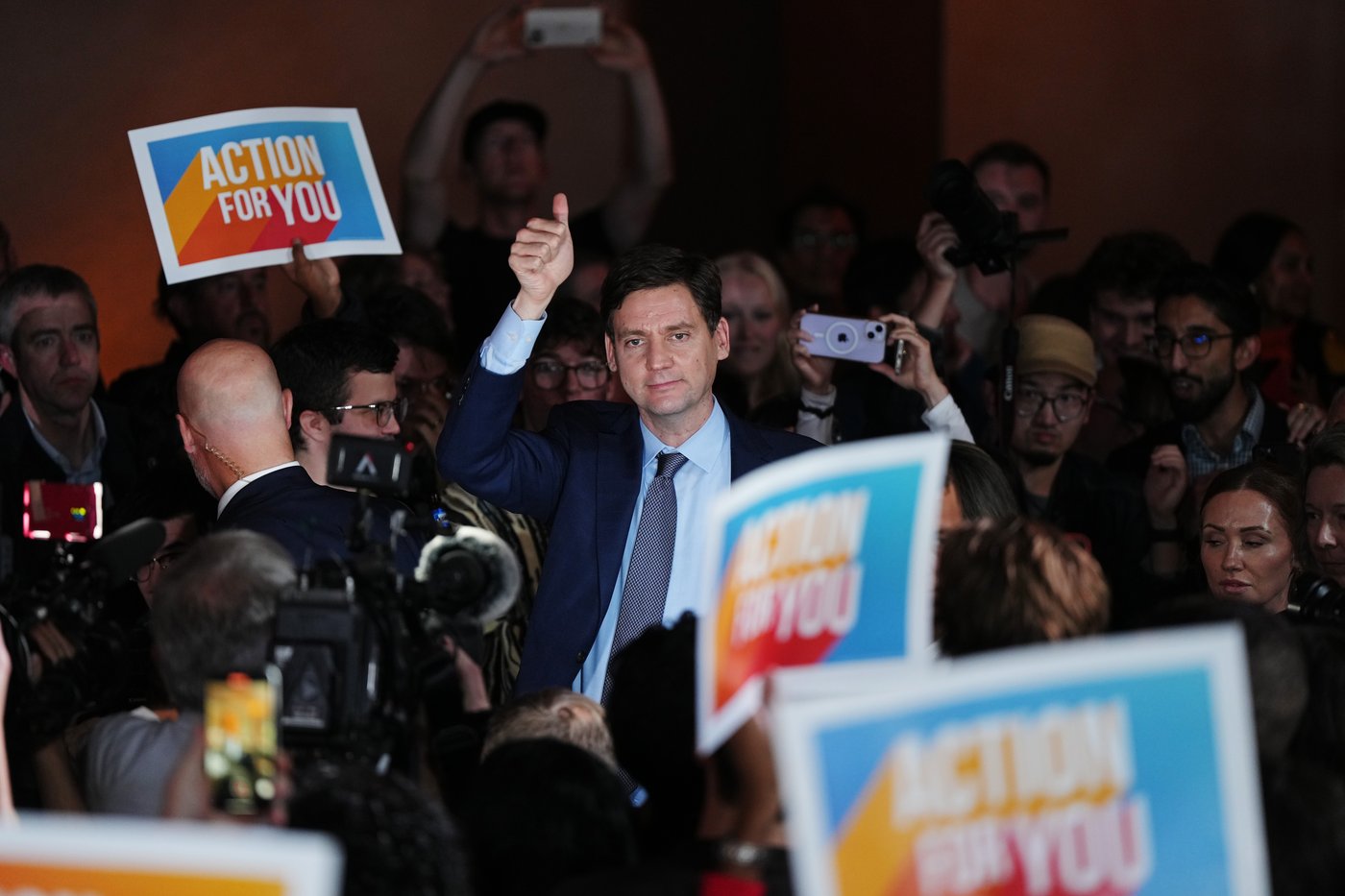
Recounts rarely alter elections. There’s another reason they matter, says B.C. expert
Premier David Eby's NDP claimed victory on Monday in B.C.'s Oct. 19 election, but the counting isn't over.
History also shows that overturning a B.C. election count isn’t common.
In 2020, a judicial recount was held in West Vancouver-Sea to Sky, where B.C. Liberal candidate Jordan Sturdy was ahead by 41 votes. The recount increased his victory margin to 60.
In 2013, a recount was triggered in Coquitlam-Maillardville where the NDP’s Selina Robinson was ahead by 35 votes; she ultimately won by 41 votes.
There were no judicial recounts in 2017.
Former Independent Delta South MLA Vicki Huntington agreed that it’s unusual for recounts to change election outcomes.
But she has firsthand experience that, very occasionally, they do.
In the 2009 B.C. election, Huntington was behind by two votes in the initial tally. A judicial recount found that she had won by 32 votes.
“Obviously, recounts matter,” Huntington said.
“I think you will always want that opportunity to recount, because ultimately you never ever know, has somebody managed to impair a machine or is a machine impaired? So, that recount has to be by a human being as a double-check on the efficiency of machinery.”
Huntington said it may take B.C. a few more elections under digital tabulation to “really have a sense of how machines will have changed the process.”



0 Comments